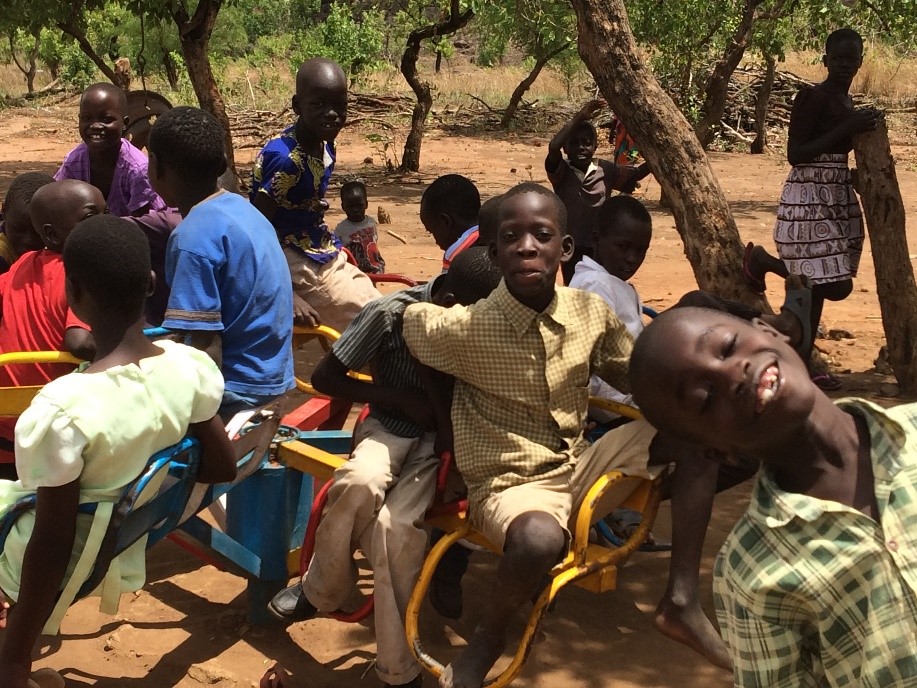Epiphany of the Lord
Fr. Tom Tiscornia, MM
January 5, 2020
Isaiah 60: 1-6; Psalm 72:1-2, 7-8, 10-11, 12-13; Ephesians 3: 2-3A, 5-6; Matthew 2: 1-12
Fr. Tom Tiscornia, MM, reflects on what it means to “search for the star” in our lives.
How lucky for those Wise Men to have recognized such a wonderous revelation in that one star out of the millions in the sky. Doesn’t each one of us look for that star which will bring true joy into our life and world?
Some of us spend days and years, even a lifetime searching for that star. We might not have to go far as did the Wise Men, but their persistence can be a source of strength in our quest for healing, be it from illness, loneliness, oppression, addiction or whatever. The star is there; we have only to look for it.
The peoples of the recently liberated area of Sudan, the Nuba Mountains, have waited years in order to reach their destination of being free and recognized as full members of their nation. Their struggle cost the lives of many men, women and children, yet there was always the star of true freedom shining above them in the guise of the liberation movement.
These days, with the recent change in government in Sudan, it appears that the star of hope is even brighter for the people, yet it is still a long way off and yet to be realized. But as the Prophet Isaiah foretells, the darkness that had covered the earth will be replaced by the glory of the Lord. This is what captured the Wise Men and drew them to Bethlehem in order to worship the Christ child.
The same star shines over the land and peoples of South Sudan. With the birth of their nation in 2011, there was tremendous hope for the future and building of their new nation. Little did they know that within the time of two years it would be shattered due to ethnic rivalries. Yet the star remained, maybe hidden behind some of the tragedies, yet it peeks through every so often with its rays of hope.
What is the star that I am following? Or have I have even yet realized that it is there for me? Isaiah tells us to “lift up [our] eyes round about and see.”
The star is a guide. Recall how in ancient times mariners found their way by following the stars. Even still today fishermen on Lake Victoria depend on the stars to guide them during the night. During this time of the year, as we celebrate Emmanuel, God with us, let us look for that star which the Lord has gifted each one of us to follow in order to offer our gifts to him whatever they may be, knowing that God will be pleased.
Photo by Fr. Tom Tiscornia, MM, South Sudanese children

